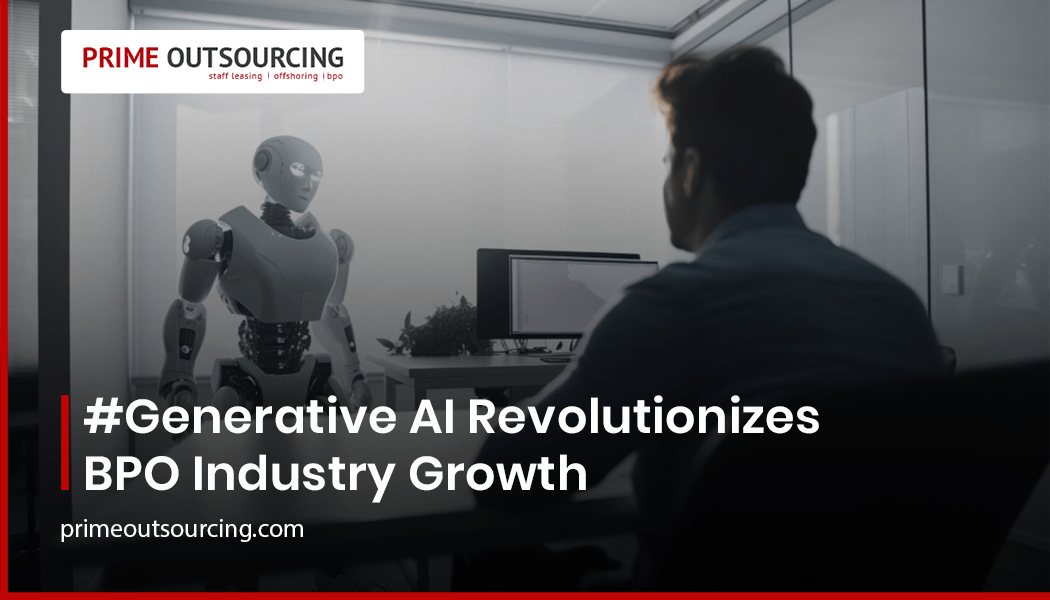
Generative AI, a groundbreaking technology, is poised to revolutionize the growth of the Business Process Outsourcing (BPO) industry in the Philippines.
The impact of this transformative technology on the industry’s figures is expected to become evident within the next 2-4 years. With ambitious targets of reaching $59 billion in revenues by 2028 and adding 1.1 million full-time jobs, the BPO industry is poised to become the country’s largest source of foreign exchange.
Collaborating with the Department of Information and Communications Technology (DICT), CCAP is actively working towards developing emerging cities and attracting investors to support industry expansion.
The upcoming Contact Island Conference 2023 will provide a platform to discuss the role of generative AI in industry growth and its roadmap.
Benefits of Generative AI
Generative AI, as mentioned in the pre-existing knowledge, offers various benefits to the BPO industry. These benefits include reducing repetitive tasks, automating customer interactions, improving transaction time, enhancing customer experience, and increasing worker productivity.

With the implementation of generative AI, customer interactions can be automated and enhanced through the use of chatbots and virtual assistants. This not only reduces the workload of human agents but also improves the efficiency and accuracy of customer interactions.
Additionally, generative AI can significantly reduce transaction time by automating processes and eliminating the need for manual intervention. This not only improves operational efficiency but also enhances the overall customer experience.
By streamlining operations and minimizing human error, generative AI has the potential to increase worker productivity and drive growth in the BPO industry.
Increased Productivity
Increased productivity in the BPO sector can be achieved through the implementation of advanced AI technologies. However, the adoption of AI in the industry does come with certain challenges.
One of the main challenges is the need for substantial investments in infrastructure and technology. The integration of AI systems requires a robust and scalable IT infrastructure to support the processing power and data storage requirements.
Additionally, there is a need for skilled professionals who can develop and maintain these AI systems. With the implementation of AI technologies, there may be concerns about job displacement. However, it is important to note that while AI can automate repetitive tasks, it also creates new job prospects. These include roles such as AI trainers, data analysts, and AI system developers.
The industry can leverage the potential of AI to not only enhance productivity but also create new and more advanced job opportunities.

Industry Growth Potential
The potential for expansion and development within the BPO sector is significant, with the industry aiming to achieve substantial growth targets in terms of revenues, job creation, and contribution to the country’s GDP.
One key aspect of this growth potential lies in the emergence of cities outside of Metro Manila as BPO hubs. The Contact Center Association of the Philippines (CCAP) is actively working with the Department of Information and Communications Technology (DICT) to develop these emerging cities and attract investors.
The DICT has identified 31 digital cities with the potential to support industry expansion. This focus on expanding operations beyond the capital city is crucial for the industry’s growth trajectory.
Furthermore, the government’s support for industry expansion, as exemplified by the collaboration between CCAP and DICT, plays a vital role in creating an environment conducive to attracting investors and stimulating growth within the BPO sector.



